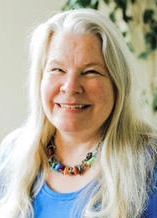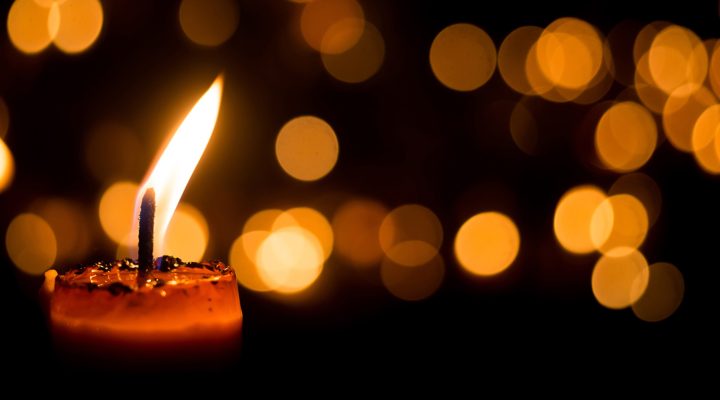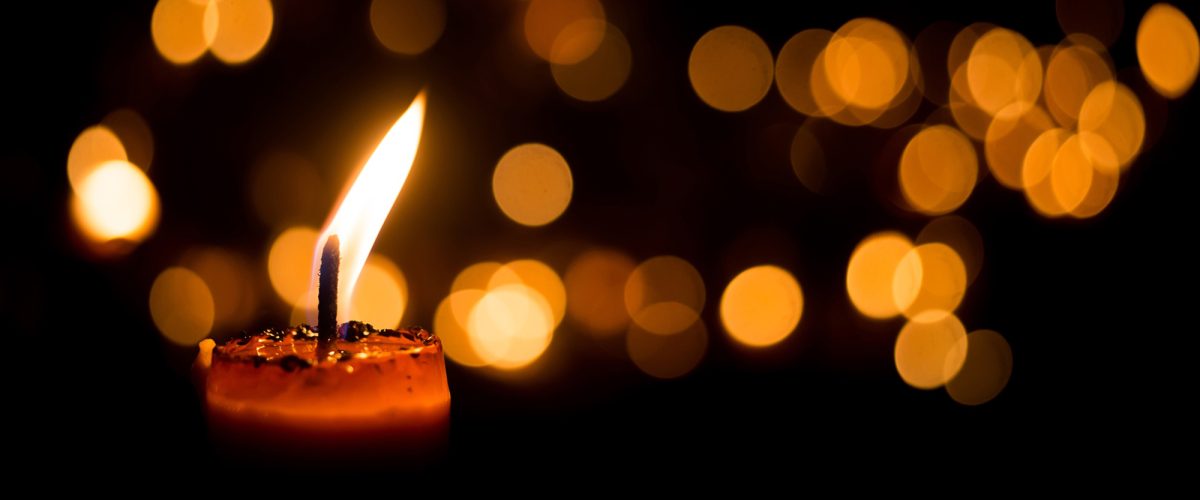On a summer afternoon, we gathered in the chapel of the addiction treatment center to grieve and remember lives lost to overdoses. Every client knew someone who had died from an overdose; most had lost several friends or family members.
Many of the clients themselves had overdosed and were coming to grips with the fact that they had survived while others had not. Most staff members also entered the room with a specific person in mind.
During the service, participants were invited to light a candle and speak aloud the names of the loved ones whose lives had been cut short by an overdose. We celebrated their lives, even as we mourned their deaths. Each person was a beloved child of God who illuminated the world with their own unique constellation of gifts. Their lives would not be defined by their final actions.
“Their lives would not be defined by their final actions.”
One by one, clients and staff approached the table, lit a candle and spoke the name of someone who was dear to them as a sacred act of remembrance. Some names were whispered through tears; others were spoken forcefully with solemnity. Soon the table was filled with flickering lights; the chapel was filled with love, gratitude and grief.
As the group dispersed, a flustered client hurriedly approached the table as I prepared to reset the room. Due to an appointment, she had missed the service, but she desperately wanted to take part.
“Can I still light a candle?” she asked.
“Who would you like to remember?” I asked.
“I’ve lost 10 people to overdoses in the past year,” she explained. As she lit a candle, she began her solemn litany — name after name after name — each name representing one dearly loved, one desperately missed.
International Overdose Awareness Day is observed annually on Aug. 31. Initiated in 2001 in Australia, this campaign seeks to raise awareness while commemorating without shame those who have been lost to overdoses.
“Since 1999, more than 932,000 Americans have died from a drug overdose.”
In the midst of a global pandemic, the United States also has faced a drug overdose epidemic. According to the Centers for Disease Control and Prevention, since 1999 more than 932,000 Americans have died from a drug overdose. Over the same period, opioid overdoses have increased eightfold. According to provisional CDC data, in 2021 there were more than 107,000 drug overdose deaths in the United States, an increase of nearly 15% from 2020.
Faith communities can play an important role in supporting those who are grieving the loss of a loved one due to an overdose and reducing the stigma associated with substance-related deaths.
Consider these possibilities:
- Create a sacred space where family members and friends can honor the lives of those who have died due to an overdose.
- Offer opportunities for overdose survivors and grieving family members to share their stories in a supportive environment.
- Prepare a comprehensive resource list for those seeking treatment for substance abuse disorder.
- Educate the congregation about the warning signs of addiction, suggest strategies to prevent opioid overdoses, and prepare people to recognize the signs of a potential overdose.
- Offer Naloxone training for your congregation; many opioid overdose-related deaths can be prevented when Naloxone is administered in a timely manner.
How will you observe International Overdose Awareness Day?

Tambi Brown Swiney
Tambi Brown Swiney is an ordained Baptist minister who was one of the “wild praying women” who helped found The Next Door, a licensed addiction treatment center for women in Nashville, Tenn.
Related articles:
How churches can combat the opioid crisis in 2018 | Opinion by Jonathan Davis
Addiction and silent judgment: Cassie’s story | Opinion by Craig Martin
Half of Protestant pastors say opioid abuse affects a church member


